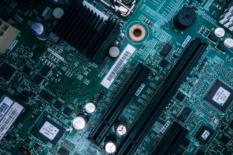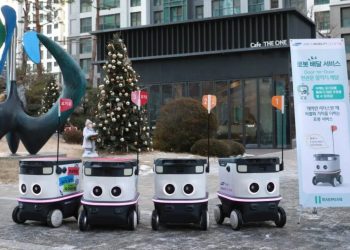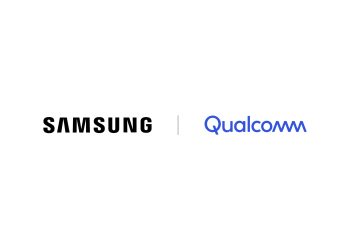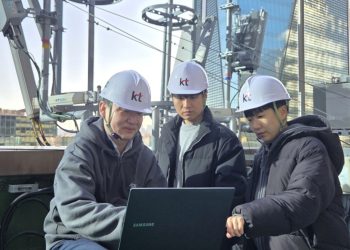In an unexpected move, Japan has allowed the shipment of photoresist materials to South Korea. Samsung is said to be the recipient of these materials which would be used on electronic devices such as smartphones and other gadgets.
This shipment would the first of its kind since the trade war between the two nations escalated in July. Businessmen are hopeful that this would be the first step towards a warmer relationship between Japan and Korea.
A Korean investor in tech companies who wishes to stay anonymous said, “I hope this would be the start of a brighter relationship between our country and Japan. Honestly, the trade has benefitted neither country and almost everyone just wants it to be over with.”
“Japan has granted the export of a batch of photoresist for extreme ultraviolet (EUV) chip-making technology, which is one of the three materials Tokyo placed export restrictions on last month,” Prime Minister Lee Nak-yon said during a meeting with government officials in Seoul. Ministry of Trade, Industry and Energy officials confirmed this statement on a separate press conference.
Photoresists are crucial materials in the production of semiconductors that, in turn, are used on electronic devices and equipment. Chipmakers like Samsung use the material in the application of EUV technology in producing non-memory semiconductors.
What Is The Trade War About?
The Korea-Japan trade war began early in July when Japan imposed restrictions in the shipment of three major components needed by Korea’s chipmakers. These materials included photoresist, hydrogen fluoride, and fluorinated polyimide. The extra restriction, although doesn’t completely ban export, lengthen and complicates the process of exporting the materials to South Korea.
Japan followed up the restriction with the removal of South Korea in its “whitelist” of trade partners. The “whitelist” is a group of countries that Japan gives preferential treatment to and easier trade processes. The removal will be a first in the history of this list.
Analysts believe that the restrictions are rooted from a Supreme Court ruling made by Korea last year. The ruling compels major Japanese companies to compensate South Korean victims of Japan’s World War II war crimes.







